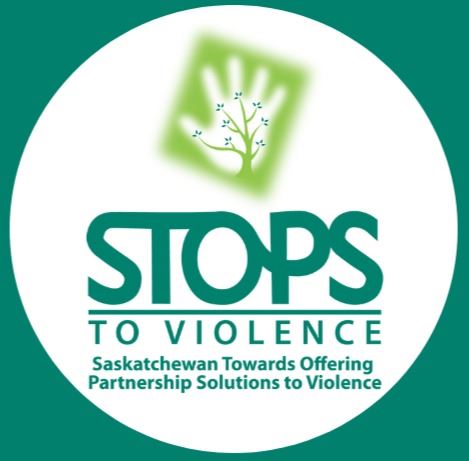- Shaylyn White
Lately, I’ve been finding social media exhausting. I know I’m not alone—social media is designed to generate a fear of missing out, and that compulsion to keep checking can be pretty tiring. I know some people who've gone so far as to delete their accounts completely to erase the temptation to revisit whatever feed they’re trying to wean themselves from.

But I haven’t done that. Because for me, as with many others, social media has become one of my primary sources of news, and there is just so much news I feel obligated to keep up with these days. We’re living in a time of great political or social change, where something potentially globally significant is taking place at nearly every moment: how can I, in all good conscience, just turn that off?
Service providers may already be familiar with the term “compassion fatigue.” Compassion fatigue is also known as vicarious or secondary trauma—emotional pain that emerges in response to witnessing the emotional pain of others. A related but perhaps less familiar term is “crisis fatigue.” Crisis fatigue describes the sense of helplessness or despair that emerges from feeling overwhelmed by ongoing large-scale crises, such as climate change or the COVID-19 pandemic. The exhaustion I feel when I catch myself scrolling endlessly through feeds of bad news—that is a form of crisis fatigue.
While compassion fatigue can be considered a kind of occupational hazard, with professions most in contact with people who’ve experienced trauma (such as social workers and health care providers) being most at risk, the seeming omnipresence of social media means crisis fatigue can happen to almost anyone. All it takes is the feeling of being constantly bombarded by bad news.
No two people will experience crisis fatigue in exactly the same way, but symptoms are generally similar to those associated with burnout, such as weariness and a loss of appetite. However, one of the most common symptoms is apathy. People may struggle to focus on or care about news that would have normally held their attention because, while brains and bodies may be designed to recover from short-term stress, they’re less accustomed to ongoing stress. Over time, such stress can take a real toll on a person’s physical and mental well-being, and when paying attention begins to feel unbearable, even the most compassionate among us may find ourselves emotionally detaching.
It’s important to remember that crisis fatigue is not an individual problem. Crisis fatigue is born of people feeling overwhelmed by macro-level issues emerging from broader institutions, often at national or global levels. While people may be able to remove themselves temporarily, the problems themselves remain, as do the individuals still caught within them.
How, then, can we encourage people to work for social change without wearing themselves out?
Framing plays a key role in how social issues are understood and responded to by the public. When a problem is urgent, it’s common for people to use urgent framing in the hopes of getting and keeping the public’s attention. For example, when it comes to interpersonal and gender-based violence, awareness campaigns may use graphic imagery to emphasize the harm violence causes as a way of establishing the necessity of preventing further harm.
But crisis fatigue means such messaging can actually work against violence prevention efforts. The problem of interpersonal and gender-based violence may be urgent, but for people already feeling overwhelmed by the sense that the world is full of crises they cannot help with, all alarmist messaging does is reinforce their sense of helplessness. It can even lead people to settle on inaction—after all, it’s easier to tell yourself a problem is insurmountable than it is to keep struggling against it. If things are going to be this bad forever, why bother?
In some ways, crisis fatigue is the product of feeling distanced from the rest of the world. We see the impact of collective crises, but not how they’re being addressed, and so we struggle to believe it's possible for anyone to make a difference. That’s why, instead of framing issues around the severity of a problem, it can be more effective to keep discussions solutions-oriented and aspirational, as that’s likelier to reignite people's motivation.
It's important to seek to hold space for ourselves as well as others. Holding space for ourselves means staying grounded in our own needs so we can better recognize when it’s time for us to rest and replenish, and this, in turn, helps us better support others. The compulsion to engage with bad news is often a non-productive one, and it’s healthier and more effective in the long run to use our time and energy with intentionality.
For more information on holding space, you can visit this link. And remember: while it's not possible for any one person to solve every crisis in the world, we're not alone in the world, either. By showing ourselves what grace and compassion we can, we make it easier to bring ourselves more fully into our relationships with others, and if crisis fatigue truly is a product of feeling distanced from the world, then perhaps there is strength to be found in that.
